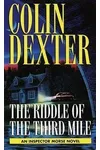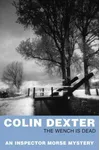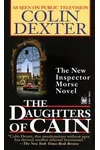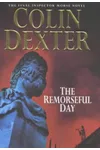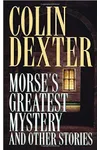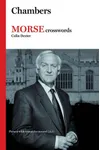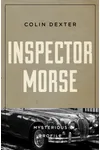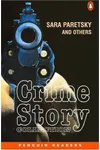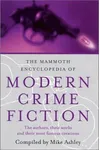Picture an English storyteller who turned Oxford’s dreaming spires into a playground for murder and mystery—meet Colin Dexter! Born in 1930, this crime fiction maestro crafted the iconic Inspector Morse series, blending cerebral puzzles with gritty detective work. His novels didn’t just entertain; they redefined the genre, making Morse a cultural legend through books and a beloved TV series.
Dexter’s knack for weaving intricate plots with a pint of real ale and a dash of classical music hooked readers worldwide. Let’s dive into the life, works, and legacy of this Oxford don-turned-novelist who proved mysteries could be as erudite as they are thrilling.
The Making of Colin Dexter
Norman Colin Dexter was born on September 29, 1930, in Stamford, Lincolnshire. A scholar at heart, he studied classics at Cambridge University, which later fueled his love for intellectual wordplay. After national service and a stint teaching Latin and Greek, Dexter’s career took a detour when hearing loss led him to work as a senior assistant secretary at the University of Oxford. It was here, amid the city’s historic colleges, that his storytelling spark ignited. Bored on a rainy holiday in 1972, Dexter began scribbling a detective story, birthing Last Bus to Woodstock and the inimitable Inspector Morse.
Colin Dexter’s Unforgettable Stories
Dexter’s thirteen Morse novels, spanning 1975 to 1999, are the heart of his legacy. His debut, Last Bus to Woodstock, introduced Chief Inspector Endeavour Morse, a curmudgeonly yet brilliant detective with a penchant for crosswords, Wagner, and ale. The novel’s twisty plot and vivid Oxford backdrop set the tone for the series. The Silent World of Nicholas Quinn (1977) showcased Dexter’s skill in crafting academic intrigue, while The Remorseful Day (1999) delivered a poignant farewell to Morse, tugging at fans’ heartstrings.
Dexter’s style was cerebral yet accessible, with plots as intricate as a crossword puzzle. He peppered his stories with literary allusions, red herrings, and Oxford’s gothic charm, making each novel a love letter to the city. His focus on character—Morse’s flaws, his sidekick Lewis’s loyalty—gave the series emotional depth, elevating it beyond typical whodunits. Dexter’s ability to balance highbrow references with gritty crime scenes made his work a masterclass in modern detective fiction.
Why Colin Dexter Matters
Colin Dexter didn’t just write mysteries; he reshaped British crime fiction. His Morse series inspired a TV adaptation (1987–2000) that brought Oxford to living rooms worldwide, cementing Morse as a cultural icon alongside Sherlock Holmes. Dexter’s awards, including multiple Crime Writers’ Association Daggers, reflect his influence. By grounding intellectual mysteries in human stories, he made the genre inclusive, inviting readers to solve puzzles alongside Morse. His Oxford remains a pilgrimage site for fans, a testament to his enduring impact.
About Colin Dexter
- Born: September 29, 1930, Stamford, Lincolnshire
- Key Works: Last Bus to Woodstock, The Silent World of Nicholas Quinn, The Remorseful Day
- Awards: Multiple Crime Writers’ Association Daggers, Cartier Diamond Dagger (1997)
- Died: March 21, 2017, Oxford

Snag Last Bus to Woodstock and dive into Colin Dexter’s thrilling world of Oxford mysteries! Whether you’re a crossword buff or a crime fiction fan, Morse’s adventures will keep you guessing till the last page.





